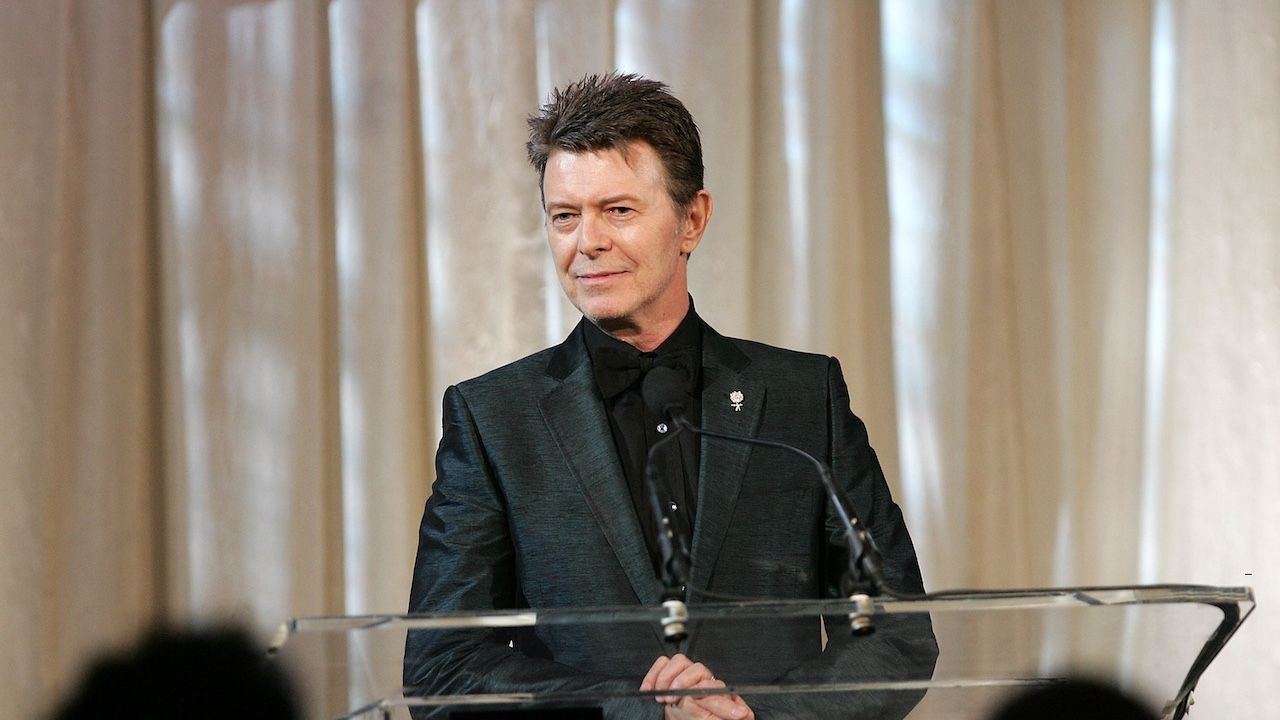
David Bowie left this realm in the midst of a creative purple patch. Just days before the visionary’s death in 2016 at the age of 69, he released his masterpiece 26th album Blackstar, a record that everyone realised was his way of saying goodbye and contemplating the end of his life in the wake of his passing.
In the final year of his life, he’d also worked on the musical Lazarus, its title taken from one of Blackstar’s standout songs and its story based on the 1963 novel The Man Who Fell To Earth – also, of course, the inspiration for a Bowie classic. He saw that project through to completion, his final public appearance coming at the show’s opening night in New York on 7 December, 2015.
But it has now been discovered that he was far from done, with notes and ideas for another musical unearthed as archivists went through his belongings to be exhibited at the David Bowie Centre, which opens at the V&A East Storehouse in east London next week.
Bowie’s notes show that he was working on a show provisionally titled The Spectator, which he described as an “18th century musical,” the BBC report. The notes were discovered locked in his study, an office to which only he and his personal assistant had a key. They were pinned to the walls, just as he’d left them before he died. The story, the BBC state, shows Bowie’s interest in the arts and culture of 18th Century London as well as his curiosity about criminal gangs and the infamous thief and repeated prison escapee “Honest” Jack Sheppard.
Bowie’s handwritten notes will be made available for the public to peruse alongside 90,000 other artefacts at the exhibition, including the desk where he worked. There’s also handwritten lyrics from across his career and some of his stage costumes. “I’m so excited the impact this will have on the next generation of musicians, artists, designers and creators of all kinds,” the collection’s lead curator Madeleine Haddon told the BBC. “If you think about how so many young people don’t want to be defined by a single genre, Bowie really was a pioneer for that.”
“I hope people take away the breadth of impact he’s had on popular culture, but I also hope people will be prompted to think about the tools and processes Bowie used that they can apply to their own creativity.”
Find out more about the David Bowie Centre and how to subscribe for tickets and view the artefacts here.







